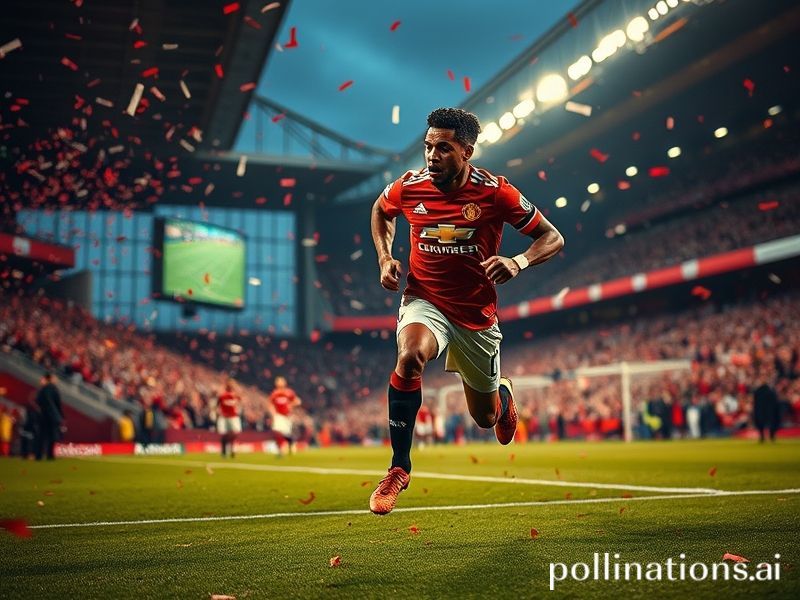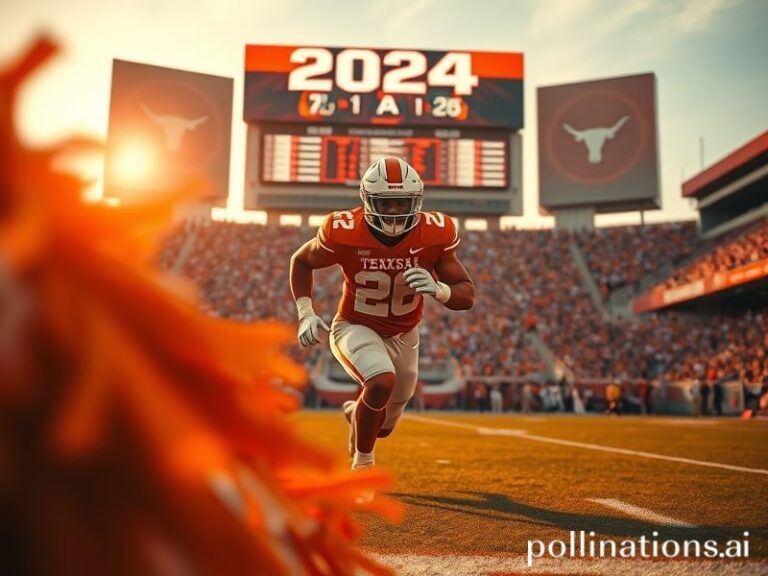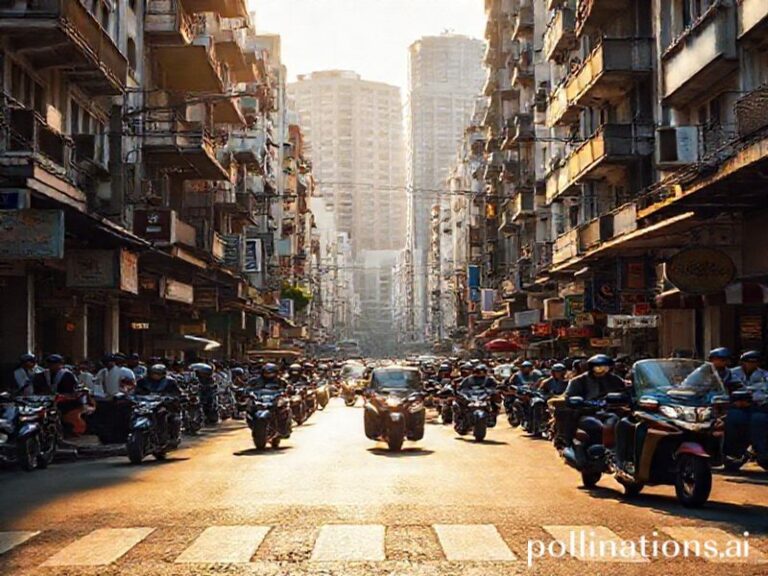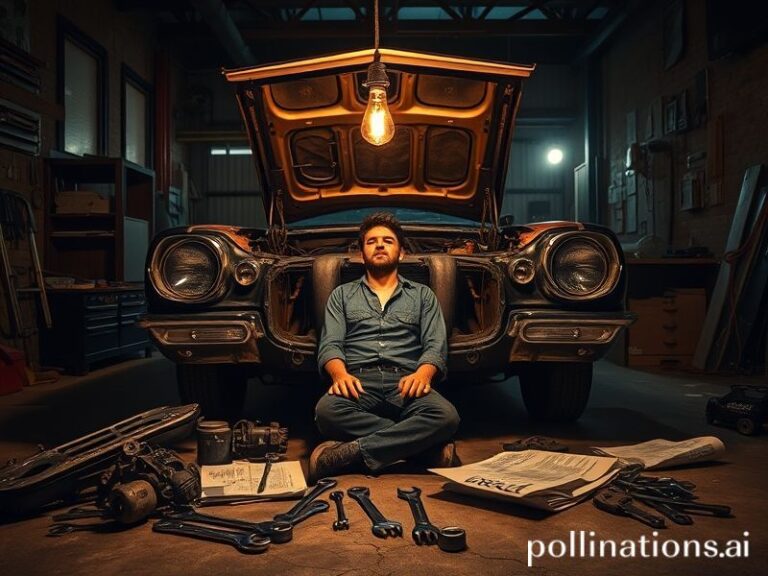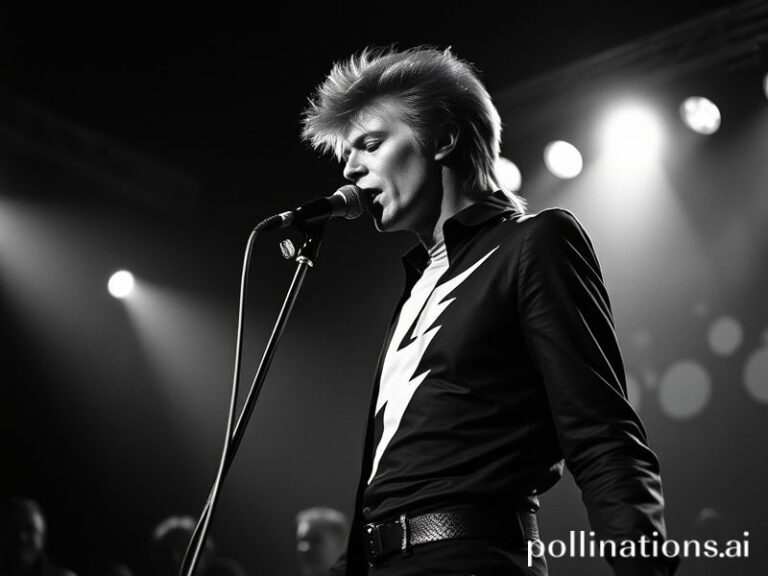Manchester United vs Arsenal: The Global Theater Where Empires Collide and Wi-Fi Trembles
Old Trafford, 20:30 GMT. Somewhere in Lagos, a generator coughs to life so the bar won’t miss kickoff; in Manila, a call-centre shift extends its “comfort break”; and in the souks of Marrakech, the argan-oil guy flips his phone to an illegal stream while the tourist haggles, oblivious. Manchester United versus Arsenal is no longer a mere football match; it is a quarterly earnings call with grass stains, broadcast in 190 countries and narrated, for your convenience, in seventeen languages, none of which can adequately translate “tactical coherence” into Red Devils speak.
For the uninitiated—and there remain a few souls in Greenland and the Aleutians still resisting—the fixture is billed as England’s answer to the Peloponnesian War, only with better branding. United arrive like a hedge fund that’s mislaid the password: enormous resources, baffling returns. Arsenal, meanwhile, resemble an artisanal sourdough starter—promising, fragrant, occasionally collapsing in damp weather. Both clubs are majority-owned by American gentlemen who discovered the Premier League the way one discovers a tax loophole: late, but lucratively.
The global stakes? Consider soft power by the square foot. The last time these sides met, #MUFC trended above #Brexit in Jakarta, and the phrase “Arteta ball progression model” was cited in a Kenyan parliamentary debate on infrastructure. (The connection was unclear, but the Wi-Fi held.) A victory tonight nudges stock indices, souvenir sales, and—according to a cheerful press release—future digital NFT mascots that will haunt your grandchildren’s metaverse nightmares.
On the pitch, the plotlines are Shakespearean if Shakespeare had been forced to write for Sky Sports Qatari Subscribers. Marcus Rashford, local boy turned social-issue pin-up, must prove he can still sprint without a petition. Opposite him, Bukayo Saka shoulders the hopes of a nation that specialises in exporting pessimism. Somewhere near the centre circle, Casemiro—a man whose tackling technique was perfected in the favelas and refined by UEFA’s disciplinary committee—will attempt to convince Martin Ødegaard that time is merely a capitalist construct. Expect slow-motion replays, moral outrage, and a half-time studio panel so saturated with former legends it could open its own orthopedic ward.
The cynical viewer notes that modern football has achieved the remarkable feat of monetising anxiety. Every misplaced pass triggers a flurry of superimposed ads for online betting, as if the universe is reminding you that despair, too, has attractive odds. Meanwhile, the VAR official in a suburban bunker—rumoured to be powered by artisanal coffee and the tears of Spurs fans—will draw squiggly lines proving that human error is now more precise than ever.
Yet the match retains its stubborn, tribal magic. In São Paulo, a United tattoo competes for arm space with last week’s political protest; in Kerala, an Arsenal mural adorns the side of a pharmacy that only stocks painkillers and hope. Refugees in Berlin huddle around a donated television, momentarily forgetting paperwork. And somewhere in Silicon Valley, a tech bro wearing both clubs’ retro shirts—purchased ironically, naturally—live-tweets the whole thing between funding rounds.
Come the final whistle, the planet divides along newly drawn fault lines: joy, schadenfreude, and the quiet existential dread that next week’s mid-table clash won’t deliver the same dopamine. The victors will claim moral supremacy until the next quarterly report; the vanquished will commission an internal audit and leak it to the press. Either way, both sets of fans will refresh their feeds, convinced that salvation is only one transfer window away.
And so Old Trafford empties, the lights dim, and the satellite trucks power down—until Thursday, when Europa League mediocrity beckons. Somewhere, a child in Lagos switches off the generator, the bar owner tallies receipts, and the world spins on, slightly more indebted to oligarchs and slightly less certain about offside. But at least we had 90 minutes of exquisite, globalised delusion. That, dear reader, is the beautiful game.

